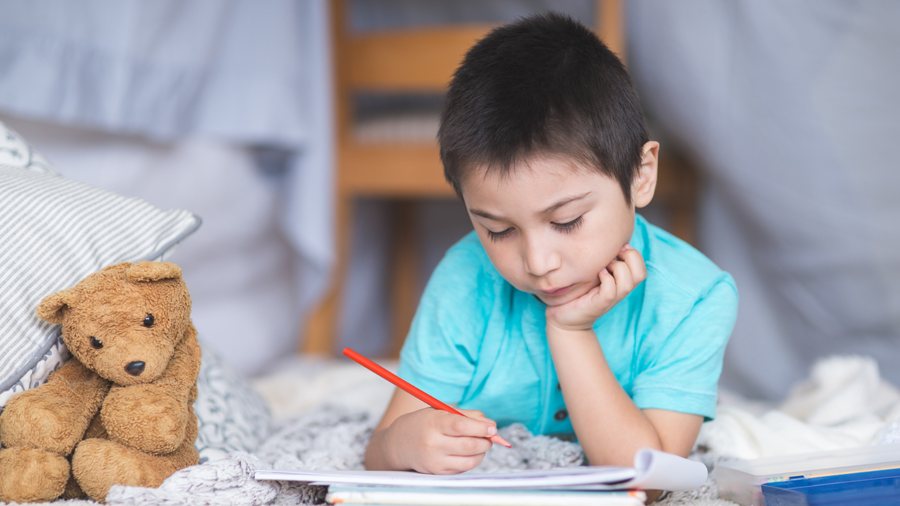
Find an Indian. Any Indian.
That’s essentially the approach the United States takes when a Native American child winds up in foster care. The Supreme Court was just given the opportunity to help these children by overturning a law that prioritizes placing Native American children in need of adoption with Native American families, but did not take it.
Something is Wrong Here
In the case of Haaland v. Brackeen, the lead plaintiffs were a white couple who needed an emergency judicial order to keep the child they’d taken in and cared for. The 1978 Indian Child Welfare Act (ICWA) requires that Native Americans, preferably of the adoptee’s own tribe, be prioritized over non-Native Americans in the adoption process. If a member of the tribe can’t be found, another Native American will do, with no concern for the child, who may be ripped away from a foster family they’d grown accustomed to.
So, the child was going to be taken from the Brackeens and given to a Navajo couple in Albuquerque after spending two hours with them. The Indian family ultimately decided not to adopt the child, and the tribal officials gave up their objections to the Brackeens adopting him.
But even then, the ICWA allows a Native American child to be taken from non-Native American parents two years after an adoption if a Native American family decides they want the child. It doesn’t take a social-work degree to suspect that something might be wrong with this.
This is No Way to Treat a Child
“The Indian Child Welfare Act was originally intended to prevent social workers from removing Indian children from their parents and placing them with white families simply because of poverty or bigotry,” Naomi Schaefer Riley, author of The New Trail of Tears: How Washington Is Destroying American Indians and No Way to Treat a Child: How the Foster Care System, Family Courts and Racial Activists Are Wrecking Young Lives has explained. “Over time, though, the ICWA has called into creation a separate and unequal child welfare system. In effect, Indian foster children — regardless of whether they live on a reservation, regardless of much or how little of their DNA is Native American, even regardless of their biological parents’ wishes — may be adopted only by other Indians.”
In his dissent to the majority’s opinion, Justice Samuel Alito writes:
ICWA requires a State to abandon the carefully considered judicial procedures and standards it has established to provide for a child’s welfare and instead apply a scheme devised by Congress that focuses not solely on the best interest of the child, but also on ‘the stability and security of Indian tribes.’
He continues:
That scheme requires States to invite tribal authorities with no existing relationship to a child to intervene in judicial custody proceedings … It forces state courts to give Indian couples (even those of different tribes) priority in adoption and foster-care placements, even over a non-Indian couple who would better serve a child’s emotional and other needs. And it requires state judges to subordinate the State’s typical custodial considerations to a tribe’s alternative preference.
Native American children clearly deserve better than the misnamed Indian Child Welfare Act.
Native American Children Deserve Better
There’s an old objection often made by pro-choice people against the pro-life cause — that we care about babies only before they are born. Pro-lifers do clearly object to abortion because of the humanity of the child in the womb and the belief that women deserve better. The case of the Indian Child Welfare Act presents an opportunity for people of both positions to find common cause for vulnerable children.
In the hours after the disappointing Supreme Court decision, Riley wrote:
Indian children have been forced to stay in foster care for years on end — longer than children of any other race — despite the availability of safe, loving families willing to adopt them. … One can only hope that the majority’s decision to leave the door open to future constitutional challenges means that someday Indian children will no longer be treated as second-class citizens.
Perhaps the mere fact that the Supreme Court has forced more of us to pay attention to this injustice perpetrated on Native American children will light a fire for change. It better, if any of our favored platitudes about children mean anything.
Kathryn Jean Lopez is senior fellow at the National Review Institute, editor-at-large of National Review magazine and author of the new book A Year With the Mystics: Visionary Wisdom for Daily Living. She is also chair of Cardinal Dolan’s pro-life commission in New York, and is on the board of the University of Mary. She can be contacted at [email protected]
React to This Article
What do you think of our coverage in this article? We value your feedback as we continue to grow.

